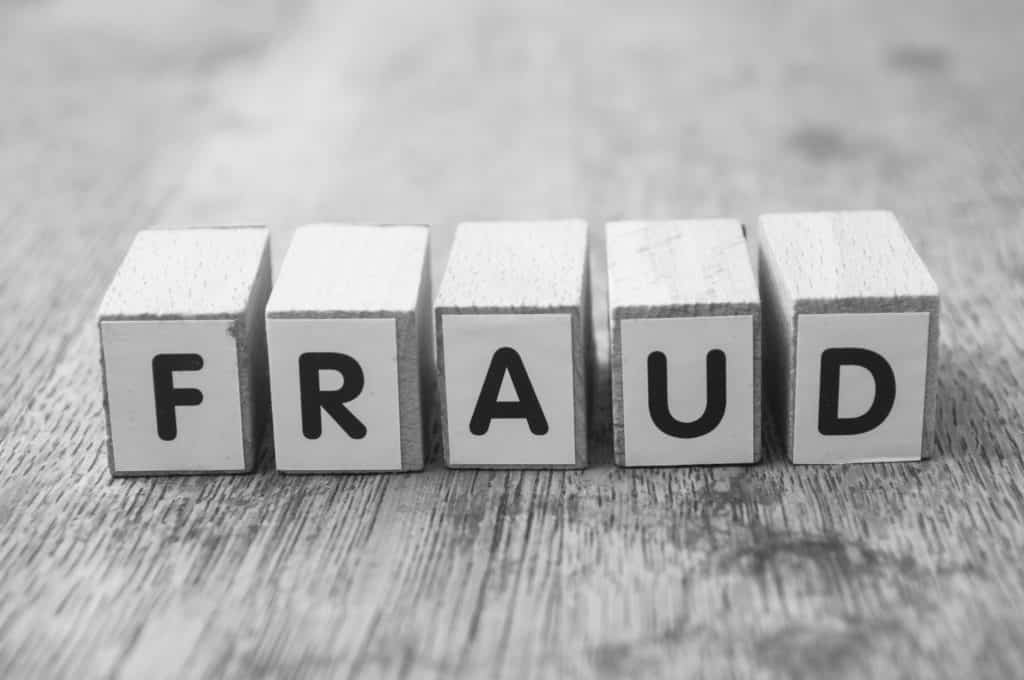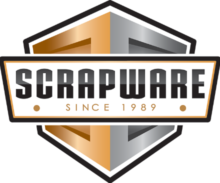Did you ever think about the information on your checks? Your company name, address, financial institution, bank routing number and account numbers, your signature and maybe more.
Your checks provide others with data that could be used to make you a victim of check fraud, potentially robbing you of thousands of dollars.

While a growing number of financial transactions currently are completed with debit or credit card or online, there is still plenty of opportunity for check fraud today.
Some 16 billion checks were written in 2018, according to the Federal Reserve. According to a survey by the Association of Financial Professionals, 71 percent of businesses surveyed said they experienced actual or attempted check fraud in 2015. A 2016 global fraud study by the Association of Certified Fraud Examiners revealed that a typical organization loses five percent of its revenue every year due to fraud.
The Federal Deposit Insurance Corporation (FDIC), says that access to technology is increasingly a reason why check fraud is still a significant crime. “Advanced graphics and printing technologies allow scammers to easily create fraudulent and hard-to-detect checks in a matter of minutes, adding a sense of legitimacy to their scams,” states the FDIC website. These tools and high quality check paper are easily available online.
According to the identity theft protection company, LifeLock, some of the types of check fraud are:
Check forgery – signing a check without authorization or endorsing a check not payable to the endorser
Theft – stealing checks to use for fraudulent purposes
Paper hanging – writing checks on closed or underfunded accounts
Check kiting – writing bad checks from one’s own account and then depositing them into another account to create an illusion of a balance in the second account.
Washing – using chemicals to remove information from a check
Counterfeit checks – illegally printing fake checks using information from the victim’s account
Additionally, individuals and businesses can be victimized by check fraud when someone pays them with a fraudulent check. In such a scenario, the criminal provides a check as payment from an account that is not theirs or is even a fake account.
Scrap metal recycling companies have long dealt with the potential for check fraud because of the large volume of payments they make.
Some state and municipal governments, in an effort to crack down on scrap metal theft, instituted laws requiring scrap metal recyclers to pay by check and not by cash. Laws such as these put some companies in the position of writing hundreds of checks per week.
That was the position one recycling company found itself in after it was required to switch from cash to check payments a number of years ago. This scrap metal recycler issued hundreds of checks to vendors per week and subsequently became the victim of an ongoing check counterfeiting operation. A criminal, using the company’s checks as an example, made counterfeit checks using a printer and “safety paper.” The counterfeiters used the same font and type style, and routing and account numbers, and invented their own check numbers. They printed numerous counterfeit checks that were roughly $200 to $800 a piece.
The counterfeiters did not take their checks to the bank. They cashed the fake checks at big-box stores. When going to pay for a small item, they presented the fake checks to the cashier, who would give them the balance in cash. Law enforcement was unable to help because of the small dollar value of each check.
The check fraud created a morass of red tape for this recycling company which was made to sign an affidavit of forgery for each fake check. The company was forced to eventually close their bank account, destroy their inventory of unused checks, and open a new account. As the crime spread to more big-box stores, the recycler was able to persuade local police to use surveillance tapes and eventually the counterfeiters were caught.
ScrapWare Corp., a Maryland-based software company serving the scrap metal recycling industry, has built features into its product to help customers address the potential for check fraud.
ScrapWare works with a service called Positive Pay, a check anti-fraud system offered by financial institutions. When ScrapWare generates a purchase transaction that is paid by check, ScrapWare automatically sends the check information to the bank. When the original paper check is cashed, the bank compares the amount on the paper check and the data recorded on Positive Pay, ensuring there was no check forgery. For companies concerned about writing a large number of checks, ScrapWare sends information to Positive Pay every 15 minutes. When the Positive Pay information does not match the check, the bank notifies the customer through an exception report, withholding payment until the company advises the bank to accept or reject the check.
Finally, even the advent of mobile check deposit, with which people deposit checks using their mobile phones, opens a door to more check fraud. In mobile check fraud, a scammer may double-dip: deposit once, via online mobile check deposit, and then present the check again to be cashed in person. While new technology presents new opportunities for fraud, new technology must also be deployed to combat the fraud.
ScrapWare Corp., of Rockville, MD, has been providing software to the scrap metal recycling industry for over 30 years. ScrapWare uses an Oracle database to provide a cloud-based software solution to manage all aspects of a recycling business. With numerous modules, extensive technical support, remote installation and online training, ScrapWare helps recycling companies with compliance, efficiency and profitability. Check out ScrapWare’s website, read the user testimonials, and see its offerings for your recycling software solution.
